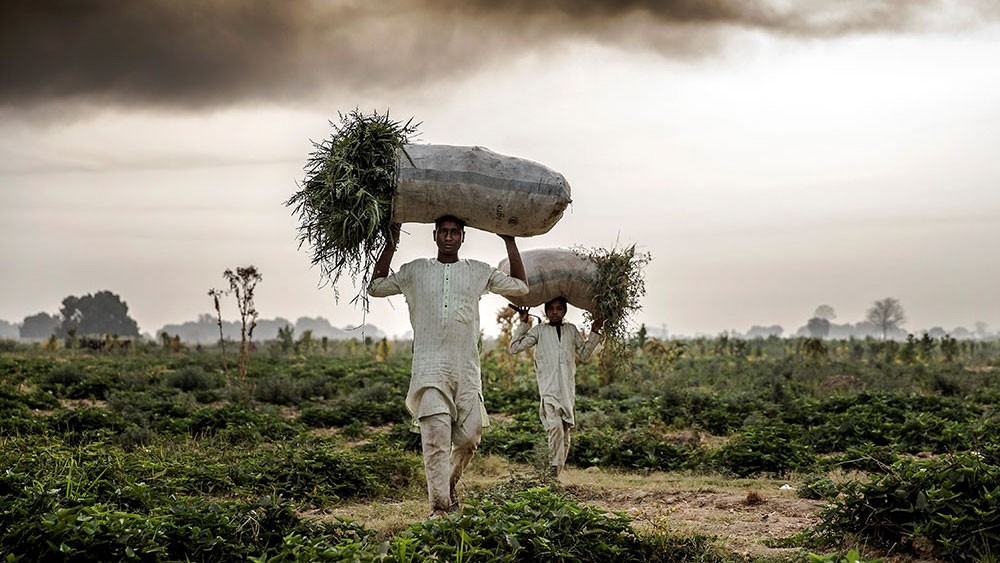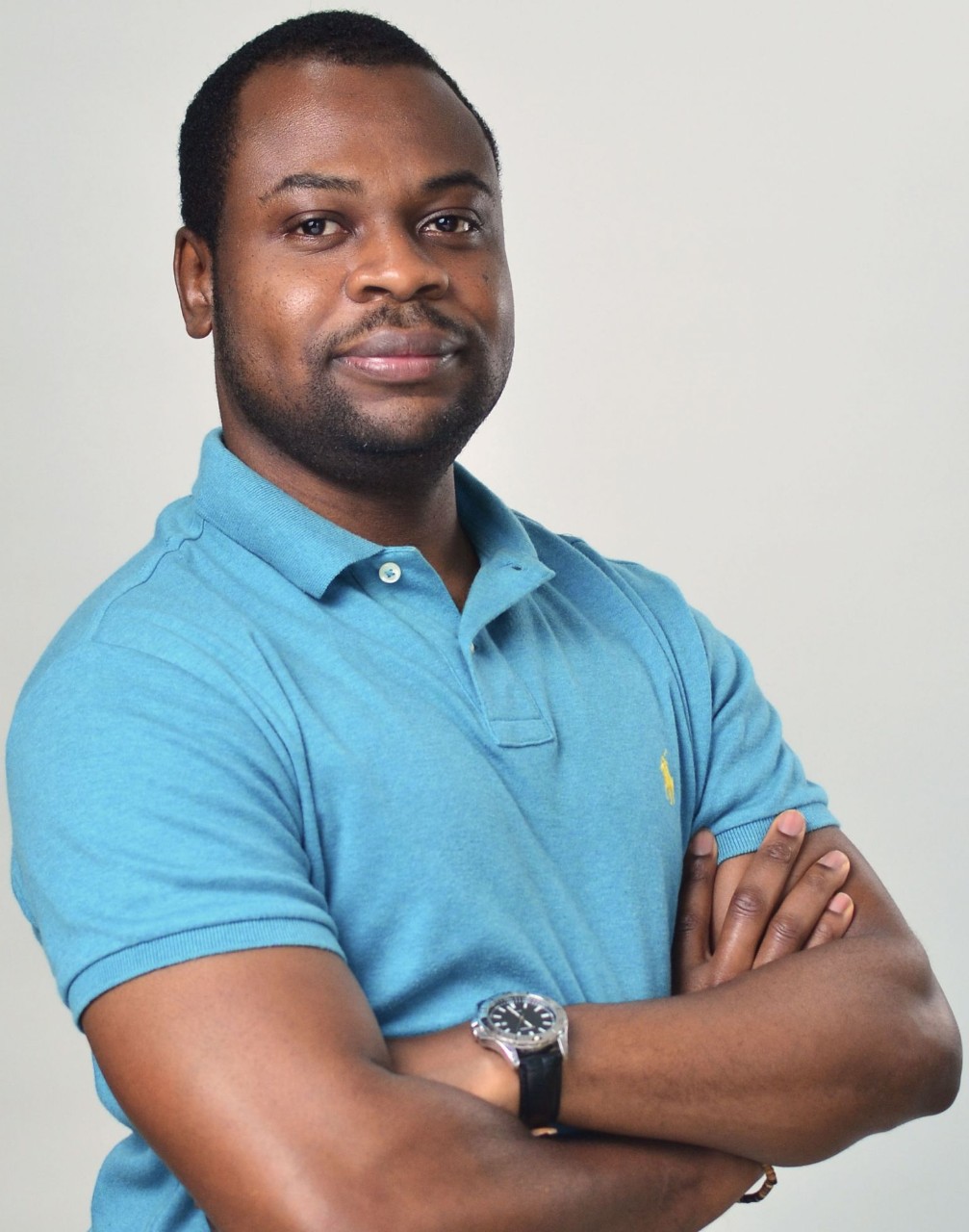
Social entrepreneurship runs in the blood of Akindele Phillips ACCA. His father is a doctor and founded a hospital, while his mother runs schools. Phillips himself is co-founder and CEO of Farmcrowdy, a Nigerian agritech, or agtech, company that focuses on helping small farmers and other stakeholders in the food value chain to maximise their output and profits through technology.
Through his business, Phillips aims to address one of Nigeria’s biggest challenges: food security. The country’s population stands at well over 200 million people, and is predicted to virtually double to 400 million by 2050.
Yet there is already too little food to go round. Nigeria was ranked 98th out of the 107 countries on the 2020 Global Hunger Index, with a level of hunger described as ‘serious’.
Food insecurity in Nigeria is driven by civil conflicts, rising food prices, natural resource degradation and poverty. In 2020, Covid-19 and the subsequent lockdown also prevented many farmers from working their land.

‘By 2050, we aim to have enough food to handle the growth of our population’
Farmcrowdy in numbers
- US$2.5m estimated revenue (2021)
- 425,000 individuals in Farmcrowdy’s farmer network
- Farmers in its network collectively cultivate over 850,000 acres in every one of Nigeria’s 36 states
- US$15m put into farming projects over three years
Nigeria’s heavy dependence since the 1970s on export earnings from oil revenues has also starved agriculture of investment finance as government focus remains squarely on the energy sector.
‘We need to solve the food security problem and we need to solve it in a sustainable way,’ Phillips says, ‘so that, by 2050, we have enough food to handle the growth of our population.’
From idea to reality
Phillips became involved with Farmcrowdy in 2016, when he was running his own outsourced accounting services firm Porter’s World Consult. One of the firm’s clients, an entrepreneur called Onyeka Akumah, wanted to start an agtech business and was looking for an accountant to work with him as he turned the idea into reality. Phillips jumped at the chance to be involved and joined as a co-founder. He continues to juggle his role as managing director of Porter’s World Consult with his work at Farmcrowdy.
Farmcrowdy addresses the capital, agronomic knowledge and market access problems of Nigerian small farmers. Originally it raised investment capital for farmers through crowdfunding, but found the tenure of the loans too short and the interest rates too high.
A million smallholders
Now the business connects smallholders on its farmer network database with institutions, government agencies and other providers of development funds. It also negotiates with suppliers on farmers’ behalf, shares technical knowledge with them and helps them sell their produce direct to customers, cutting out the intermediaries who previously took a large share of the profits.
Farmcrowdy’s goal is to have a million smallholder farmers on its database by the end of 2021. Phillips says the business is making good progress against this target, actively engaging with more than 400,000 individuals at present.
He adds that trust is key in building enduring relationships with farmers. ‘The fundamental is always trust. To earn their trust, they need to see that you understand them and are willing to hear them out and support them.’
Give and take
All businesses should have a sense of social purpose, he believes. ‘The way I see it, as a private entity, you are making use of certain resources, some of them natural. So the least you should do is to give back to the ecosystem in terms of social services.’
Asked what he enjoys most about his job, he singles out the opportunity to help farmers cultivate more land and boost their profits. ‘It means the farmer is able to take care of his family better, take care of himself better, take care of his kids better, and send them to school. You can’t quantify the level of satisfaction and joy that comes from being able to participate in this.’
‘The least you should do is to give back to the ecosystem in terms of social services’
He also has some practical advice for other accountants who want to help their organisations develop a sense of social purpose and have a positive impact on their communities. ‘An accountant should be in a good position to understand how the organisation can make a difference, and make recommendations,’ he suggests. ‘They could also be part of a pilot team that gets things done.’
He credits his ACCA Qualification with helping him throughout his career, particularly in terms of understanding and evaluating business models. ‘You’re making sense of what the numbers are saying,’ he explains. ‘It’s helped me function effectively as a professional.’
Perhaps unsurprisingly, his role at Farmcrowdy is not the only way he makes a difference to his community. In his spare time – what little there is of it, given he’s involved with two businesses – he volunteers as a maths teacher in a public secondary school once a week. ‘That’s my personal way to give back to society,’ he says.
Further information
Visit ACCA’s ‘Rethinking sustainable business’ hub to find out more about the issues relating to sustainability, the impact on organisations and the part you can play



